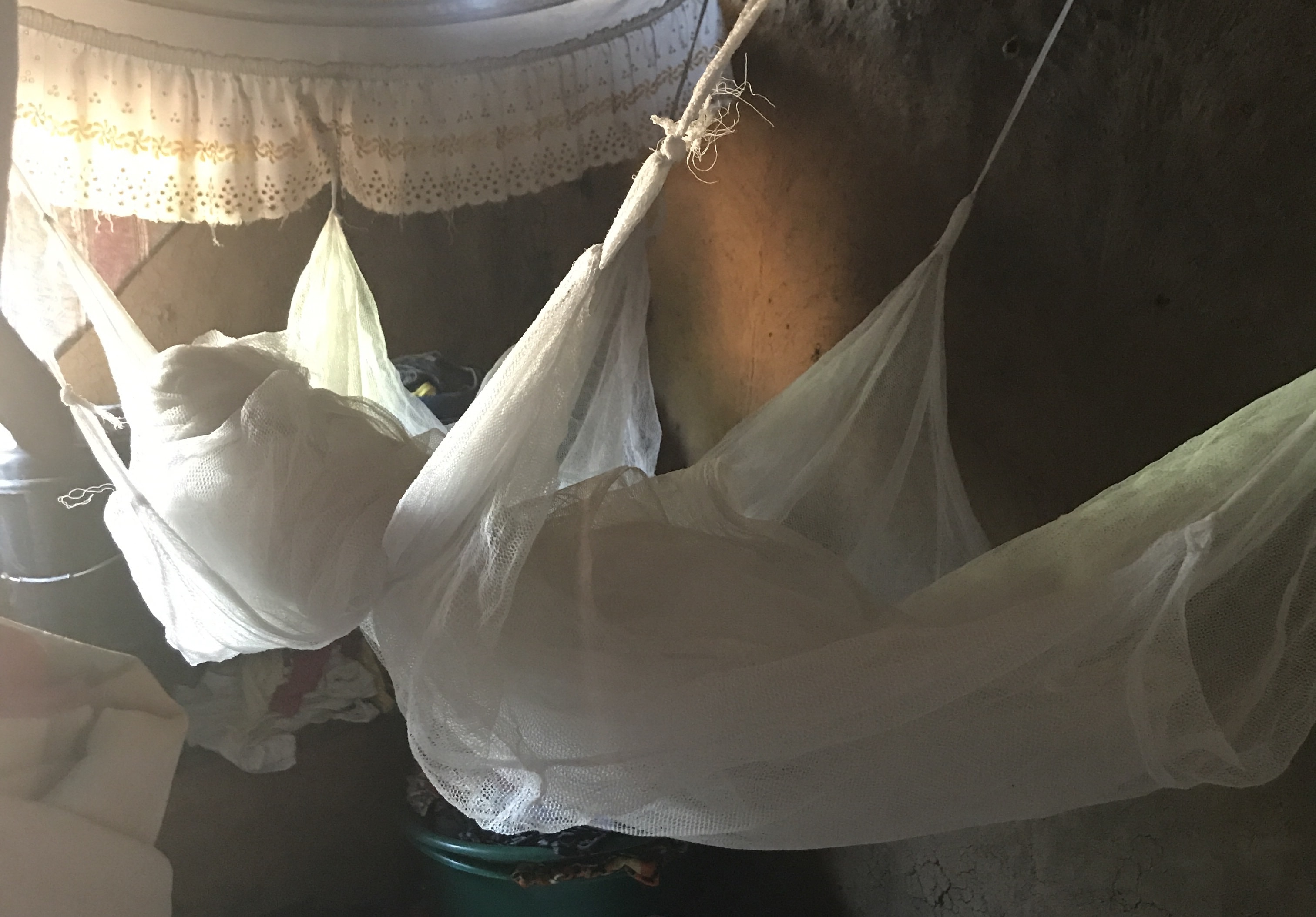Malaria is an awful disease, debilitating at best and fatal at worst, killing nearly half a million people worldwide each year. The children who enter ZOE’s empowerment program face this threat continually and many have lost their parents to the disease.
ZOE joins others as part of a global movement seeking to eliminate this scourge. Economic and social advances can quickly dissipate because of an illness. For this reason preventing and treating diseases like malaria is a critical aspect of ZOE’s empowerment program.
Specific health and hygiene training teaches the children how to decrease susceptibility to illness by cleaning the yard around their home, eliminating standing water, getting bedding up off the floor, and making other home improvements. After implementing good practices, Zoe Empowers rewards the children with mosquito nets and instructs them how to put the nets around their beds.

This one practice goes a long way towards preventing malaria, as many studies have shown. Sometimes the nets may be provided by other organizations in the community, however, Zoe Empowers program facilitators make home visits to ensure the nets are used properly and not repurposed as fishing nets or garden fences.
ZOE keeps abreast of local health crises and works closely with local agencies. In Zimbabwe a few years ago, a severe outbreak of malaria occurred in an area where ZOE’s first-year groups had just been formed. The local government health agency worked through Zoe Empowers to distribute mosquito repellent cream to vulnerable children who otherwise would not have known about this service.
ZOE’s program facilitators incorporated instructions for using the cream into the first health and hygiene training. They also implemented other strategies for reducing contact with mosquitoes such as wearing clothing that covered the entire body and avoiding high infestation areas during the early evening when the mosquitos are most active.
With ZOE’s comprehensive approach, the youth improve their health so they can make steady and lasting progress on the path to self-sufficiency. At the same time, the actions they take and the information they share with others leads to better health for entire communities.
